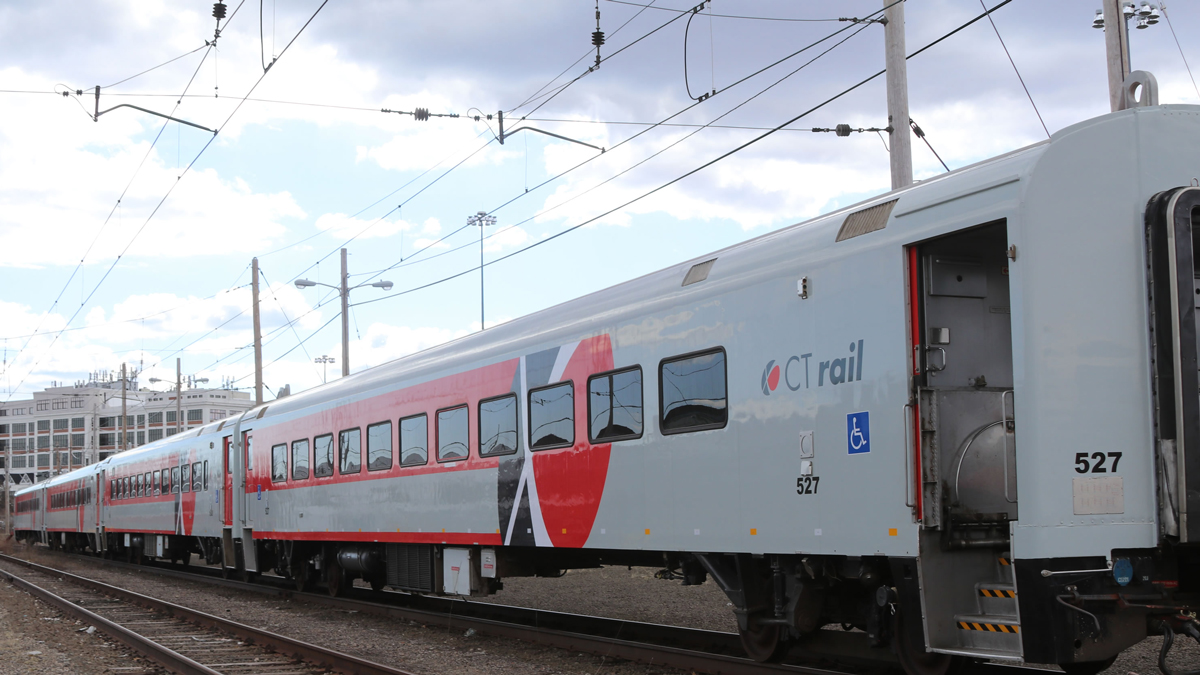Some Connecticut-based companies looking to hire said there are not enough skilled technical workers to fill open positions.
At a job fair at Norwich Technical High School on Tuesday, instructors told NBC Connecticut they’re training students to walk into skilled trade positions right out of high school. But there aren't enough students to fill a growing demand in the state.
Electrical instructor Jamie Lamitie teaches his students residential and commercial wiring. Lamitie even has his students working in the community.
"I have not enough students for the amount of contractors that are looking for help right now," according to Lamitie.
North Stonington-based A/Z Corporation staff said skilled trade employees are hard to come by, which is why they take full advantage of recruiting students at technical schools, like Norwich Tech.
"By the time they're ready to graduate and have completed the electrical program, we find that's a really good indicator and we end up with really good candidates,” electrical operations manager, Steven Lusi, said.
The company's placement manager, Susan Choquette, said in the last five years there's been a shortage of electricians, welders and other trade workers. What many people don’t realize is the pay for these jobs is on par with many that come with a four-year degree, she added.
Local
Rebecca Novic graduated last year from Norwich Tech and now is part of the apprentice program at A/Z Corporation where she does pipe fitting and welding.
"In high school I was this cheerleader and a captain, and I was kind of cool. And now I'm a construction worker and it's so awesome,” Novic said.
She credits her hands-on education.
Norwich Tech senior, Cameron Crosby, already has a job lined up.
"I work hands-on. I learn better that way. I can't sit in a classroom all day and just read books,” Crosby said.
Electric Boat (EB) even relaunched its apprenticeship program in the midst of the company’s plan to hit peak employment of 18,000 employees by 2030. Dan Barrett, a spokesperson for the company, said it's hard to say if there is a shortage of trade workers now. But EB wants to make sure there are enough as its demand for employees grows.
Brendan M. Cunningham, an assistant professor of economics at Eastern Connecticut State University, told NBC Connecticut via email that many routine and even non-routine jobs are becoming automated.
“This implies that most of the job growth in the future will be in areas with greater educational requirements,” Cunningham wrote.



